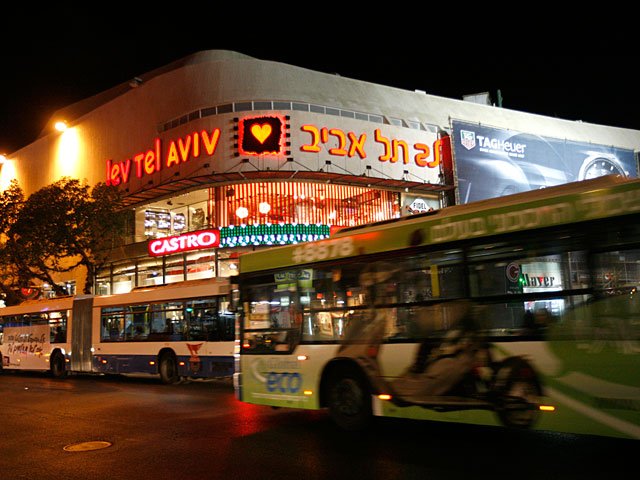Sabbath buses to begin in Tel Aviv before end of 2019

The Tel Aviv municipality has approved an initial budget for operating public transportation on the Sabbath. Under the plan, a number of cities in the greater Tel Aviv area, among them Givatayim, Ramat Hasharon, and Kiryat Ono, will operate a shared transportation system on the Sabbath. These cities are calling on other cities to join them in expanding this system.
The Tel Aviv municipality will provide NIS 9 million of the projected NIS 12 million cost,, with other municipalities providing the other NIS 3 million.
A NIS 1.2 million allocation to fund the project was approved last year. The allocation requires approval by the Tel Aviv City Council, which will convene on November 11. The Tel Aviv municipality said that there was still no final date for launching the system, but it would begin in the coming weeks, before the end of 2019.
At this stage, seven routes are planned on Friday from 6:00 PM to 3:00 AM and on Saturday from 9:00 AM to 6:00 PM. There will be 1-3 buses per hour on each route. The routes are currently in the planning stages; no final decision has been made about the routes between the cities that are participating in the initiative.
The network of interurban routes to be operated is a private travel service of the municipality; passengers will not be charged, and the local authorities therefore have jurisdiction over the service, not the central government. It was reported last week that Minister of the Interior Aryeh Deri (Shas) and Deputy Minister of Health Yaakov Litzman (United Torah Judaism) were demanding legislation banning public transportation on the Sabbath as a condition for entering the government. Deri denied this. As of now, while coalition negotiations are taking place, lawmakers are not commenting on the subject or trying to prevent the plan from going ahead.
When the Tel Aviv municipality first announced the plan, it was learned that the Ramat Gan municipality was about to join the metropolitan initiative, but Ramat Gan Mayor Carmel Shama Hacohen eventually decided against joining it. Ramat Gan is actually the first large city to start a public transportation system on the Sabbath, which began operations in late July.
"In contrast to other cities, we already have service," Shama Hacohen said. "There is no reason to replace it with something at the same level that provides the same solution and the same effect. We have not reached agreements with the Tel Aviv municipality, so we are continuing by ourselves. We prefer service that is completely under our control, and which we can improve and perfect, to something that already looks problematic, with many voices and an inability to make decisions.
"For other cities, it is a matter of whether or not there should be service. For us, this is a semantic question, because service already exists, and is now being adopted by other cities, This is a source of great pride to Ramat Gan residents, who were in the vanguard and were groundbreakers for other cities, because they believed that the matter was just and necessary," Shama Hacohen told "Globes."
Related News
